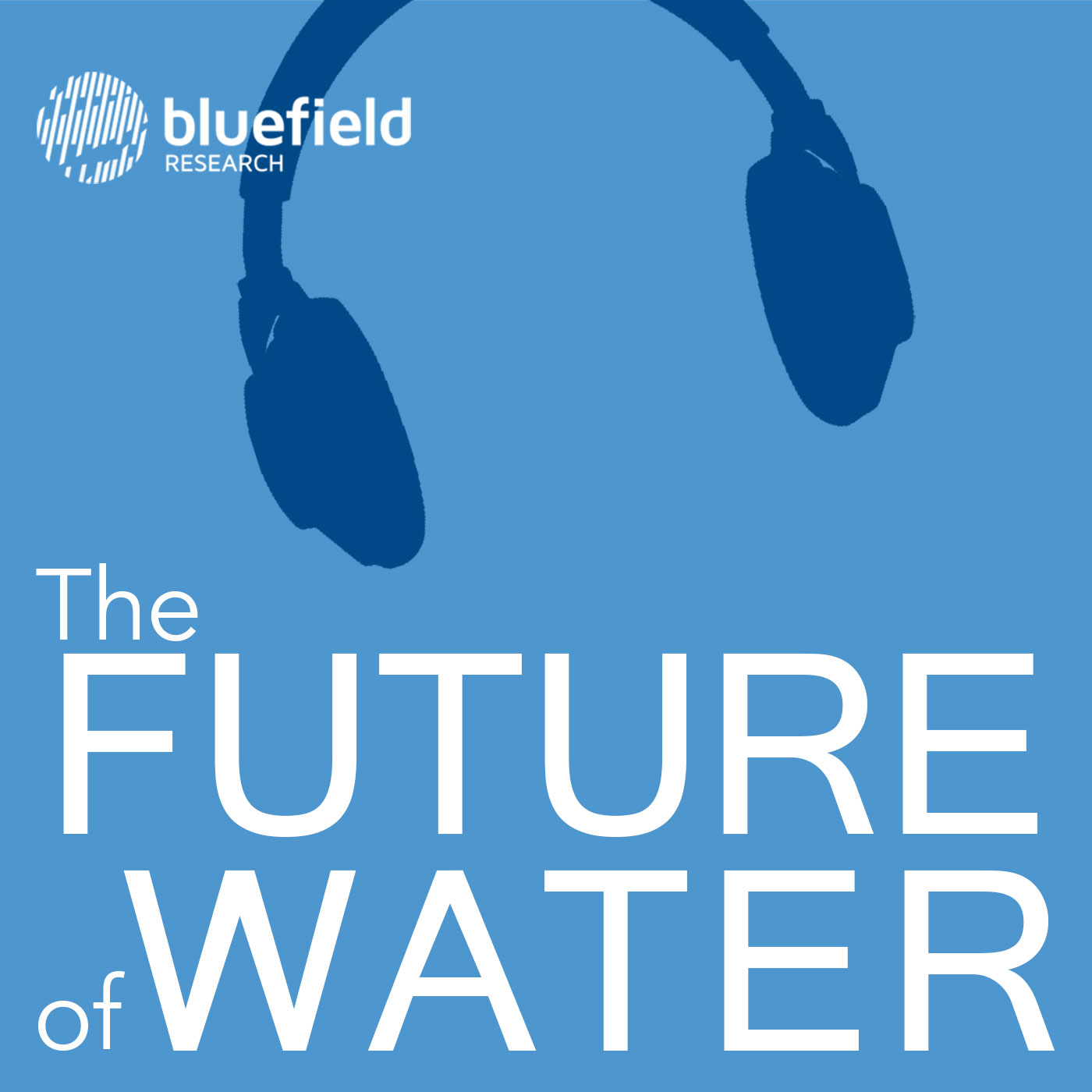Bluefield's Amber Walsh has been examining corporate sustainability, specifically focusing on how companies minimize their environmental impact, particularly in relation to their water footprint. While climate and greenhouse gas (GHG) emissions have traditionally been the primary focus of sustainability, water issues are gaining attention due to their financial implications and public pressure, which can affect brand perception. Policy mandates, such as those requiring reporting, are seen as a driving force for companies to address water-related risks.
The new EU Corporate Sustainability Reporting Directive (CSRD) is discussed, highlighting its significance in increasing the transparency of corporate environmental footprints. This directive expands the scope of companies subject to sustainability reporting and standardizes the process across the EU.
The discussion also touched on how increased reporting leads to more water management projects and opportunities for third-party providers. It was noted that, sector-wise, there are variations in water usage trends, with some industries and regions showing reductions while others increase, influenced by factors like energy source transitions.
Reese Tisdale is joined by Bluefield's Amber Walsh and Ethan Edwards to discuss the potential impacts.
Related Research & Analysis

In this episode, Reese Tisdale is joined by Bluefield's Senior Research Director Eric Bindler to break down the essential role of Capital Improvement Plans...

In this episode, Bluefield’s Keith Hays and Eric Bindler, delves into the canned-water company Liquid Death and the growing questions about bottled water, the...

The global private equity (PE) sector has grown thirteenfold since 2000, wielding increasing influence over critical infrastructure sectors. The proliferation of digital technologies across...